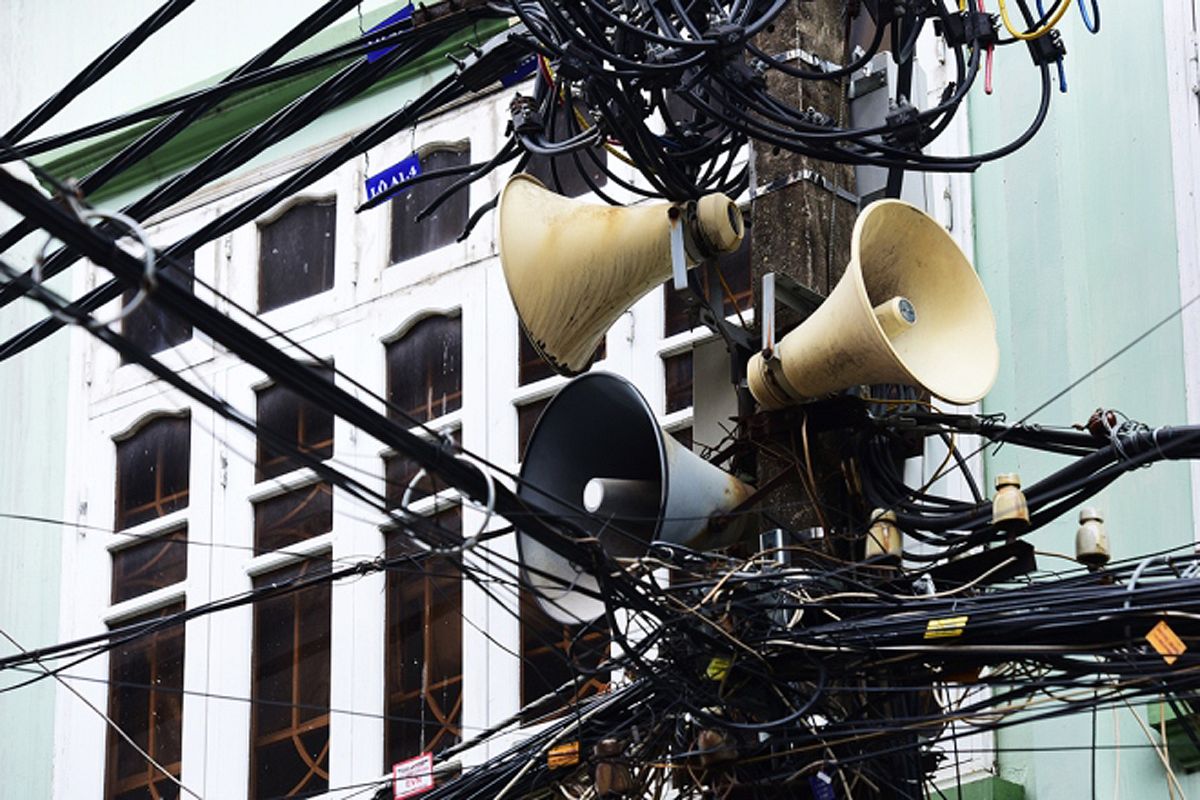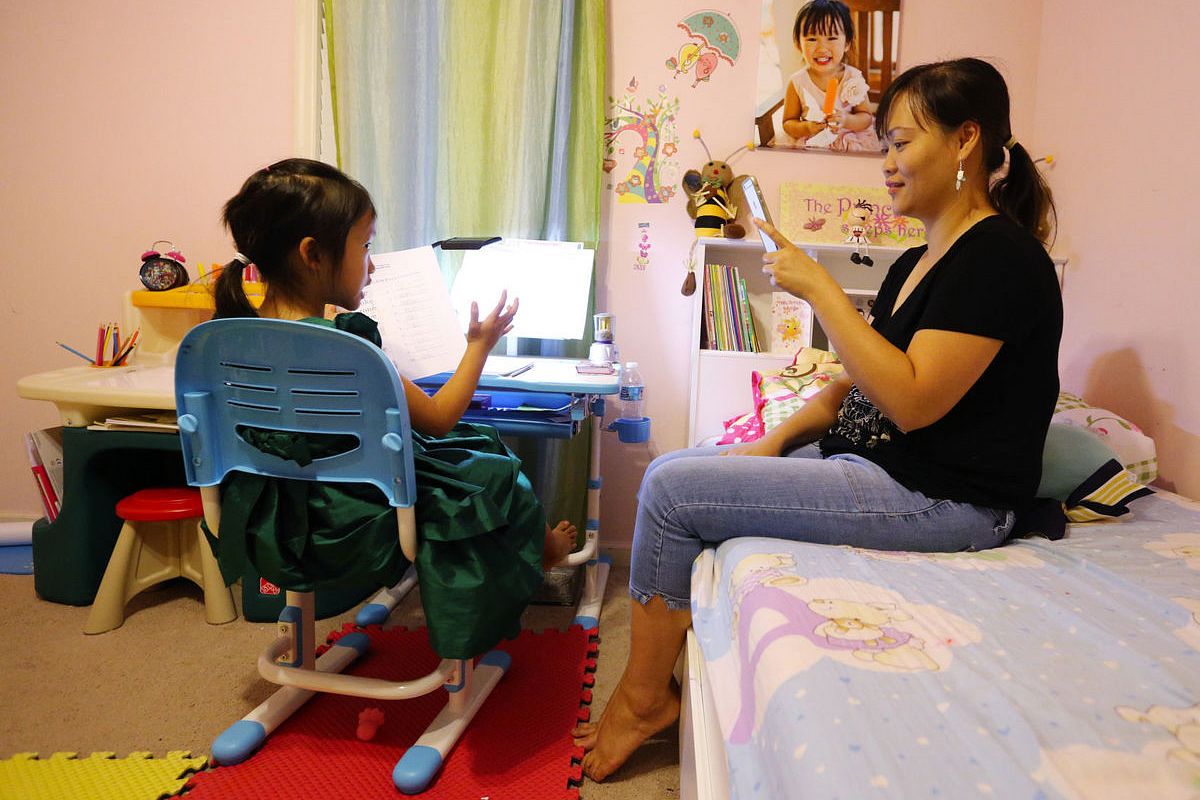A report, titled 'Casting Light in the Shadows: Child and Youth Migration, Exploitation and Trafficking in Vietnam,' was conducted by children's rights research and consultancy institute Coram International in collaboration with UNICEF and Vietnam’s Institute of Labour and Social Sciences (ILSSA).
The researchers of the study estimate that 5.6% of children, which is defined by people under 18 years of age, in Vietnam are likely to encounter experiences related to child trafficking. Of those children, 92.3% report being trafficked within the country's borders. Cross-border trafficking is a rarer phenomenon — its prevalence is estimated at 0.4%.
Contrary to popular discourse on children trafficking, which focuses on girls and young women trafficked for sex and marriage; girls, boys, young women and young men are equally vulnerable to trafficking, data shows. Furthermore, children who come from the least-wealthy households are five times more susceptible to trafficking compared to the most wealthy families. The wealth discrepancy extends to exploitation and violence as well.
The study also suggests that children of ethnic minorities are more likely to be trafficked, and many of the research informants from anti-trafficking NGOs and governmental agencies attribute this finding to the lack of education and agency among many ethnic minorities.
Nonetheless, researchers find that these views “may be largely based on racialized notions of intellect, agency and vulnerability,” and the fact that people from these minority ethnic groups are more vulnerable to trafficking than Kinh Vietnamese is more likely to be a reflection of their economic vulnerabilities.
The study points out that a majority of child victims of trafficking don't have access to support services, with less than one out of 10 victims (9.48%) having access to a support system. The services currently available only focus on female victims of cross-border sex and marriage trafficking.
[Photo via Flickr user Rod Waddington]














